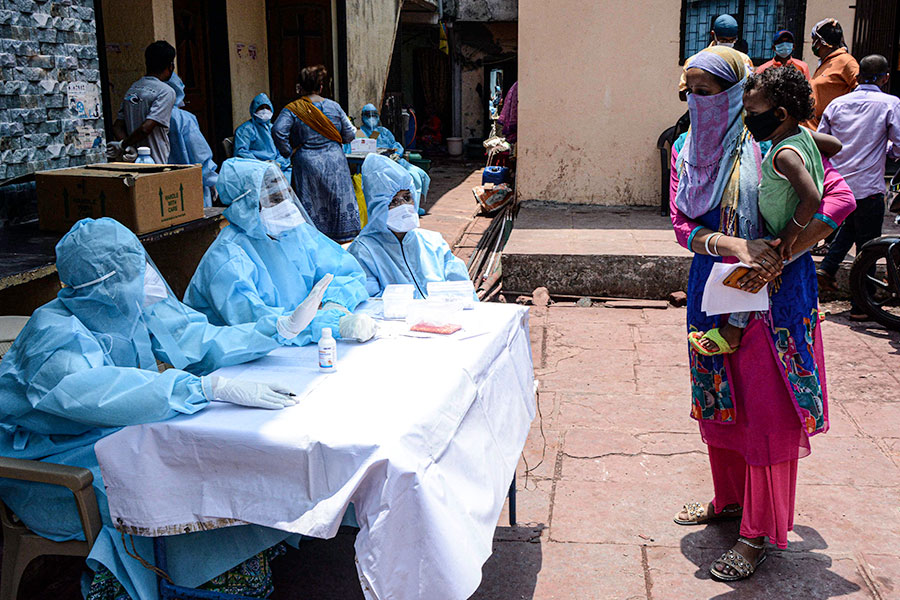Challenges remain, but signs of hope emerge in India


"Things are getting better as far as awareness is concerned," but unless the country is united in following safety measures, the situation could still get out of hand, Majumdar said.
She added that there is an urgent need to obtain rapid testing kits. These can be used in hotspots and containment areas, as well as in places that are reportedly free of the virus.
To combat the outbreak, India is continuing to import medical supplies from China.
India's Ministry of External Affairs said in a statement late last month, "In the past two weeks, around two dozen flights have departed for India from five cities in China, carrying nearly 400 metric tons of medical supplies."
Ministry spokesman Anurag Srivastava was quoted by Indian media as saying that flights were likely to be stepped up considerably in the next few months as efforts to obtain medical supplies gain momentum.
He said two Chinese companies, Guangzhou Wondfo Biotech, in Guangzhou, Guangdong province, and Zhuhai Livzon Diagnostics in Zhuhai, Guangdong, have supplied a batch of test kits to India, with the former sending 300,000 kits and the latter 250,000.
India has ordered 3.7 million rapid antibody test kits from companies based in China, South Korea and Singapore, Srivastava said.
It is likely that the number of infections will continue to rise as testing increases, even though the lockdown has lowered the transmission rate. Given the limited testing carried out in India to date, it is too early to say whether the current rate of infection will be sustained, rise or fall.
























